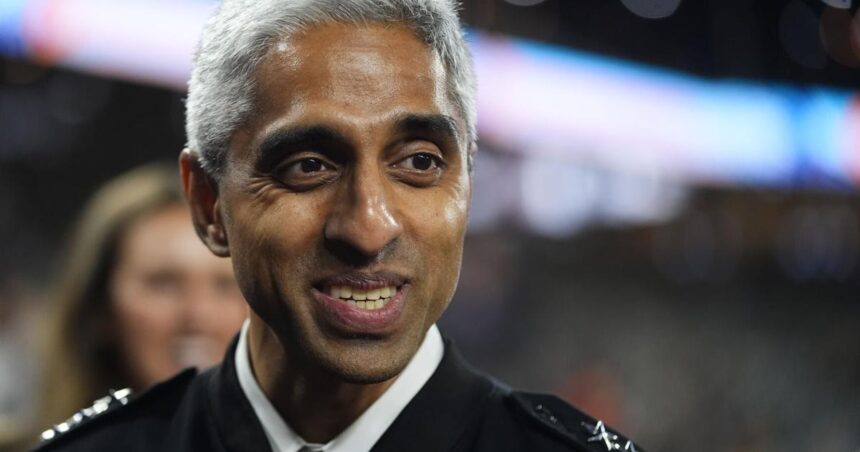Studies have shown an increase in depressive symptoms, suicide-related concerns, and suicide rates among American teenagers, especially girls, between 2010 and 2015. This rise has been linked to social media use.
One study from 2017 found that teens who spend more time on social media are at a higher risk for depressive and suicide symptoms. A 2022 report revealed that around half of teens feel sad, depressed, lonely, or isolated due to social media. Another literature review from 2018 found a connection between increased social media use and higher levels of psychological distress and thoughts of suicide among depressed teens.
Contrastingly, the 2017 study found that young people engaging in in-person social activities were less likely to report such issues.
Social Media’s Impact on Mental Health
There is a growing concern about young people self-diagnosing serious mental health issues based on social media content alone. This trend, known as self-diagnosis, can be dangerous for youth mental health, as it can lead to misinformation. Experts warn that self-diagnosis can delay proper care from licensed professionals.
Positive Aspects of Social Media
Despite its drawbacks, social media can also benefit youth mental health in some cases. Studies show that marginalized young people, like LGBTQIA+ individuals, can find support and empowerment through social media. Additionally, social media can be a source of mental health support in certain contexts.
Cultivating Healthy Social Media Usage
It is essential for executives and lawmakers to ensure that social media platforms are safe for teenagers. There are steps that individuals can take to promote healthy social media habits among teens.
Use social media for connection
Social media can provide emotional support and solidarity for young people with mental health conditions. Encouraging positive practices and interactions on social media is crucial to harnessing these benefits.
Set boundaries
Establish rules and limits on screen time and social media usage, including daily time limits and breaks from social media. Encourage offline activities and healthy behaviors both online and offline.
Seek help when needed
If you or a young person is struggling with mental health issues related to social media, consider seeking support from a licensed mental health professional.
This story was produced by Charlie Health and reviewed and distributed by Stacker Media.





